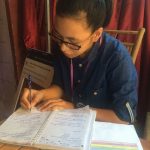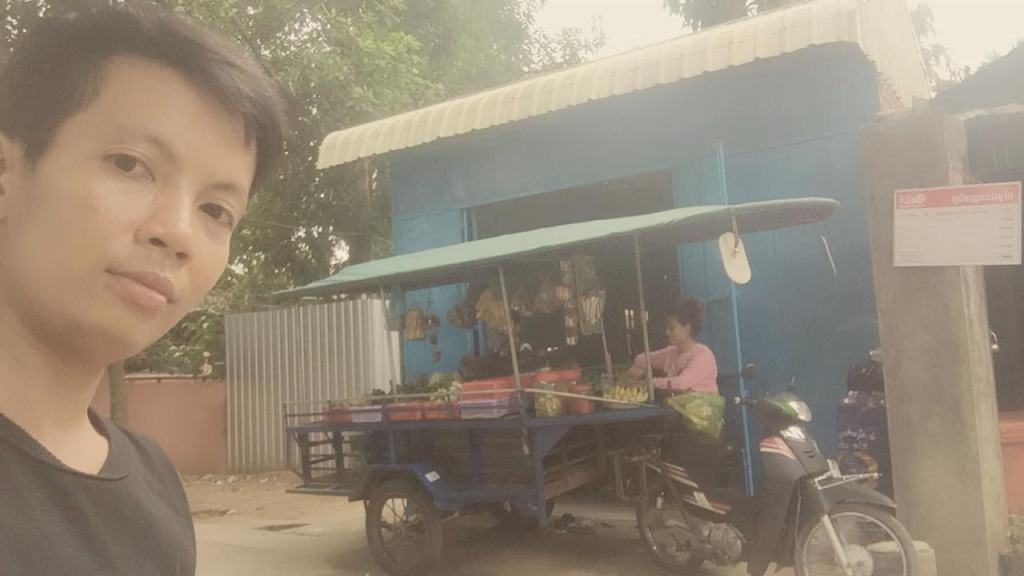LGBTI people in Cambodia face discrimination accessing and keeping employment. They also face discrimination and exclusion in the workplace. Poverty among LGBTI people is a significant problem in Cambodia because education and employment are still not guaranteed to them. Consequently, LGBTI people often become homeless, and are forced to become sex workers. The latter is particularly relevant to transgender women. Because of their increased visibility, they are often the poorest amongst the LGBTI community.
Over the last few years, we have witnessed more LGBTI rights activities and projects in Cambodia. However, very little attention is given to one of the key reasons for LGBTI exclusion: the lack of financial inclusion.
Micro Rainbow, a non-profit organization that is delivering poverty reduction programmes in Cambodia since 2013, has developed an innovative financial inclusion model. This model not only improves LGBTI people’s livelihoods, but it also changes people’s minds and hearts.
Our work shows that significant changes within families and society take place when LGBTI have jobs or a small business and step out of poverty. Such changes include increased respect by the community, reduced violence and discrimination, and greater acceptance of partners.
So far in 2018 we have supported over 30 LGBTI people to set up income-generating activities. Below is what some of them said about the changes in attitudes of their families and communities:
Kuy Thida, a transman who migrated from Siem Reap Province to Phnom Penh in Cambodia, said:
“My niece accepts me, and my family is more willing to accept me after starting a business a year ago. They thought I could not succeed in life because I am a transman. I think that poverty reduction is the best approach for LGBTI acceptance in Cambodia”.
Ret Rathyda, a transman, said
“Most people in my community respect me and tell other people about my business. They say that I am good at it and better than straight people. Before, they discriminated against me a lot. I think that business is key to promote LGBTI acceptance in Cambodia”.
Ly Barang, a gay man, added
“I am very excited that my family, especially my mum, is supportive of me now. I encourage everyone to support MRI because its work is very important for LGBTI people in Cambodia”.




